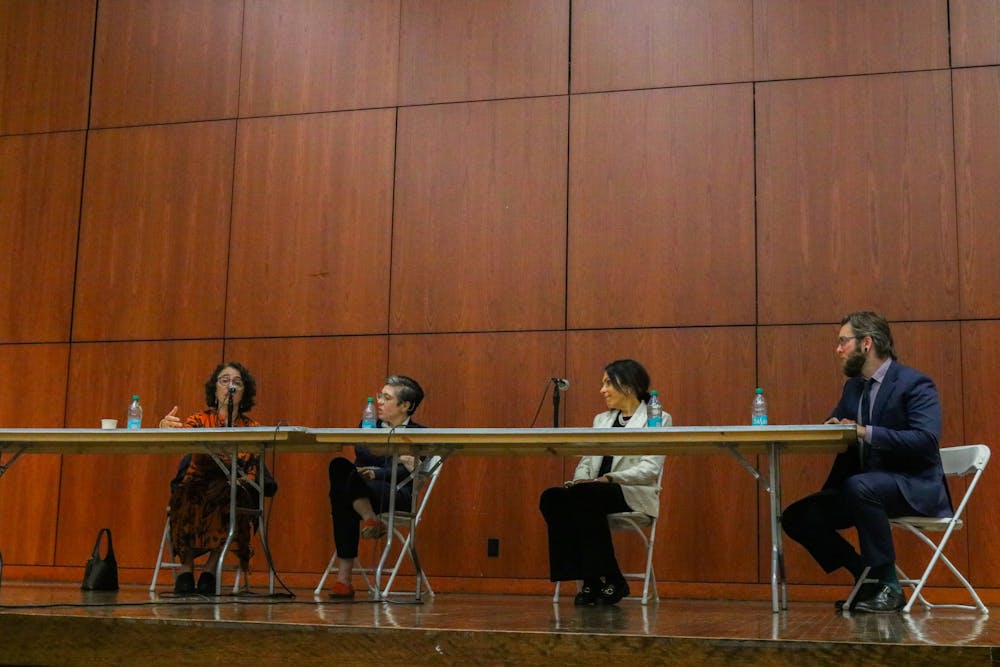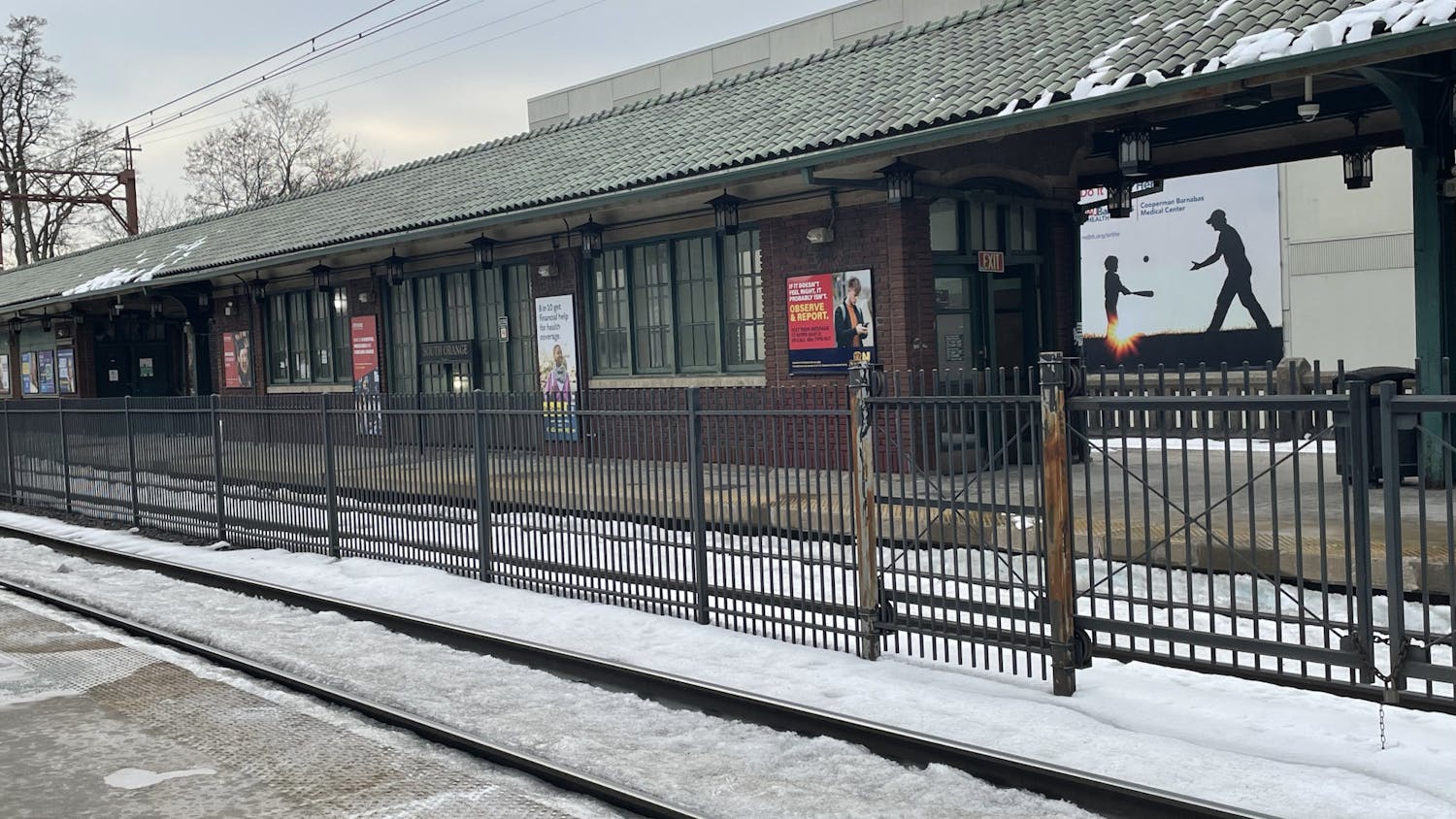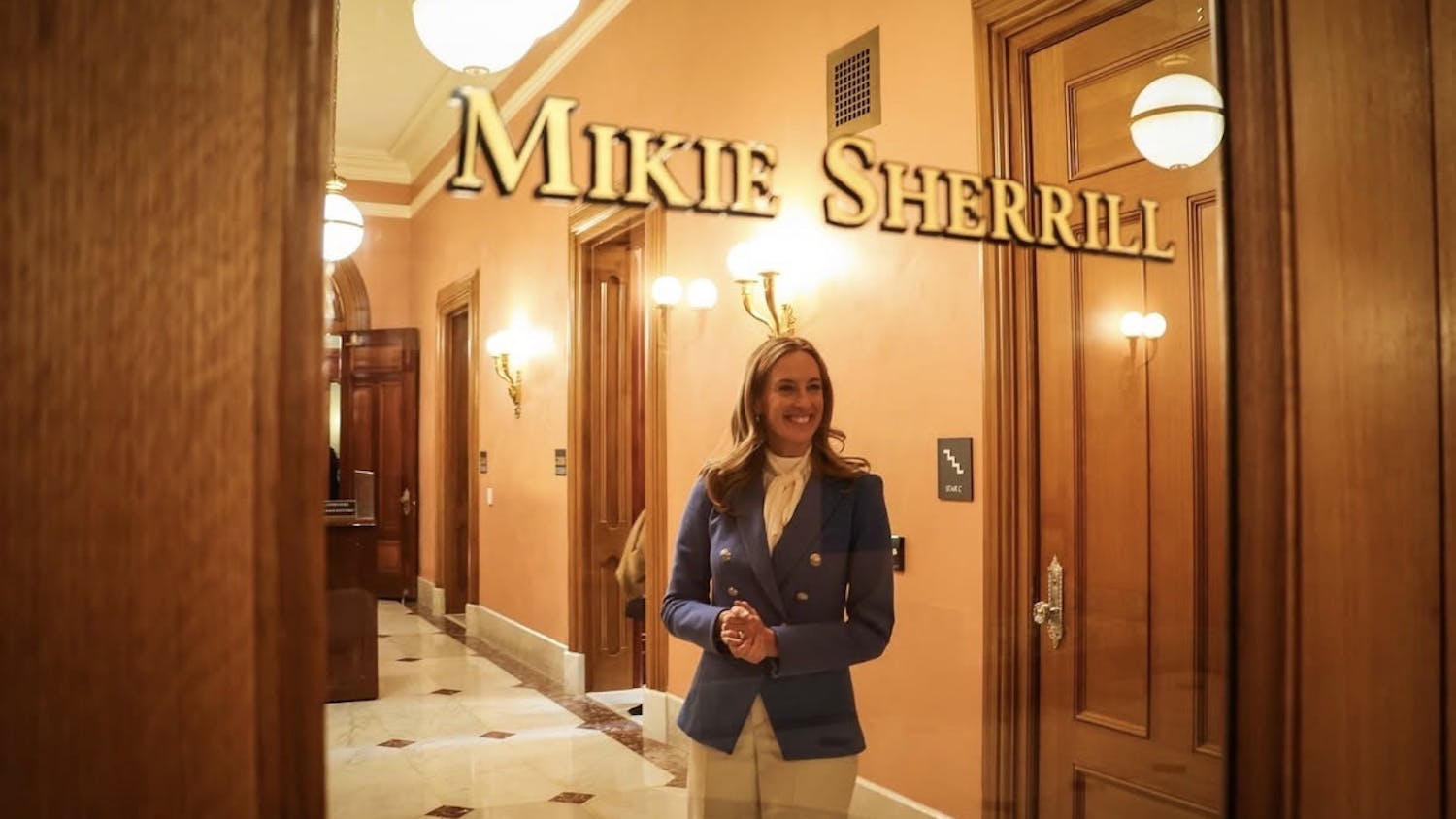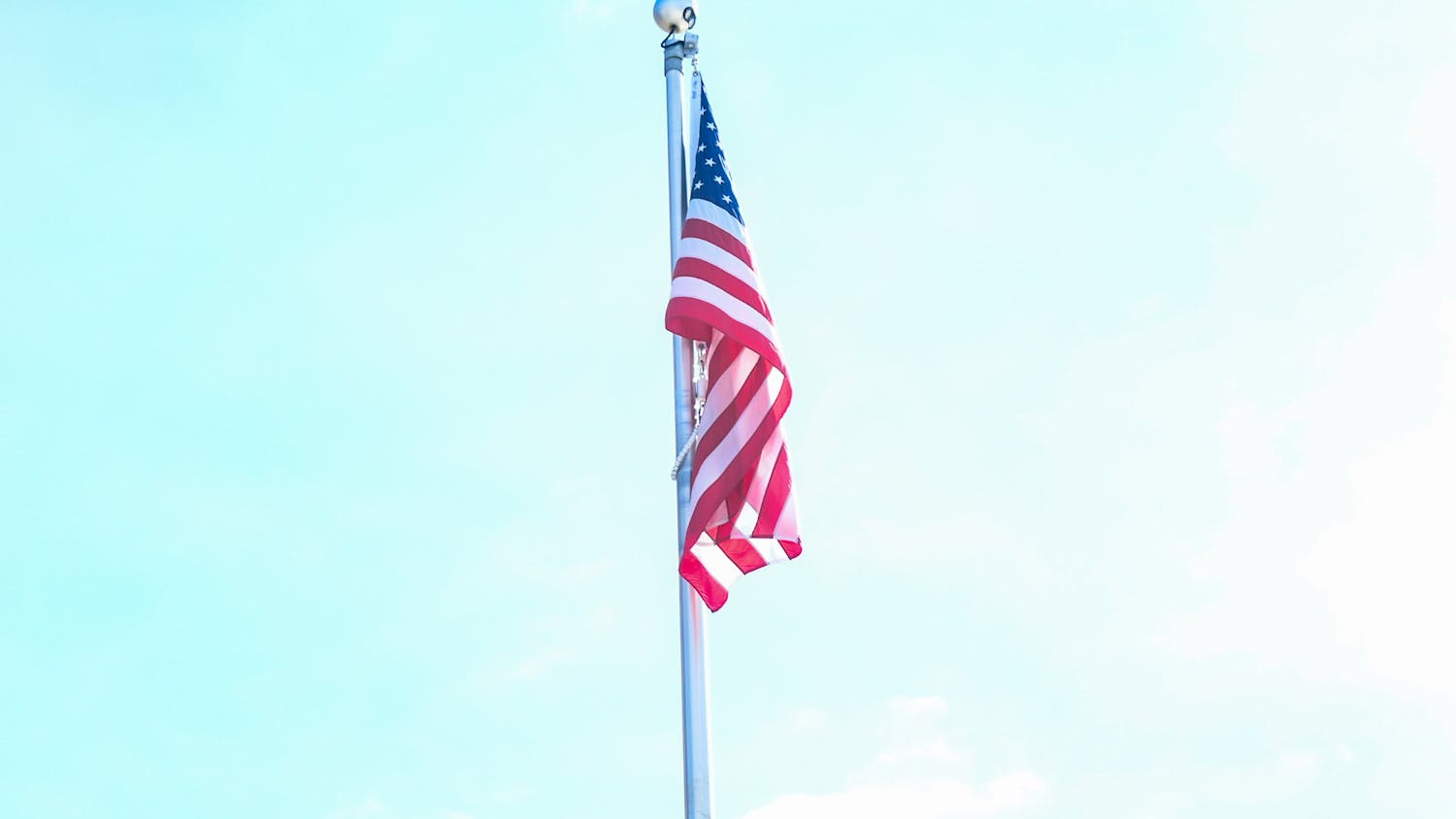Seton Hall hosted a panel focused on bringing in “local and national, religious, and ethical perspectives” into the discussion of immigration on April 24.
The immigration panel, titled “Immigration: Local and National, Religious and Ethical Perspectives,” featured Fr. Bill Reilly as the keynote speaker. The event was sponsored by the University Core, the Law School, Immaculate Conception Seminary School of Theology, the Catholic Studies Center, and the Catholic Studies Program.
Cardinal Joseph Tobin, the archbishop of Newark, was the original keynote speaker for the event, but he had to withdraw due to Pope Francis’ passing “for the papal funeral arrangements and the following conclave,” according to SHU.
The event featured the keynote and two panels. Reilly’s keynote reflected Pope Francis’ beliefs about immigration, addressing current issues in the discourse around immigration. He started by reminding the audience of a recent proclamation from the late pope.
“Last May, Pope Francis announced that this year is to be a Jubilee Year,” Reilly said. “It’s a year of hope, and we as a church, as a community, are to reflect signs of hope for people in need.”
Reilly emphasized the importance of using hope to bring our communities together.
“We are asked to assist others and embrace their way of the cross,” he said. “Forced by violence, [they] leave their homelands behind, in search for a better life for themselves and their families. Their expectations should not be frustrated by prejudice and rejection. We need to offer a spirit of welcome and embrace those who come.”
Reilly ended the keynote by spotlighting the importance of using the words of God as guidance during these unprecedented times.
“As we gather and speak of immigration, we do not add other words about legal status,” he said. “We speak of people of God, made like ourselves, in his image and his likeness. And we are called to respect everyone with a sense of responsibility that no one be denied the right of a dignified assistance.”
The first panel included Paula Franzese; Peter W. Rodino, professor of law at the Law School; Lori Nessel, professor of law and director of the Immigrants’ Rights/International Human Rights Law Clinic and Seton Hall Law and Detention and Deportation Defense Initiative; and Dara Lind, senior fellow at the American Immigration Council.
Before the first panel, Franzese spoke about why she wanted to be a panelist for the event.
“We are at an inflection point,” Franzese said, “and most certainly a tipping point, that asks of all of us the gifts of our attention and diligence in endeavoring to assure that the blessings of liberty and the safeguards of the very extraordinary American enterprise of democracy are preserved and protected.”
Franzese said she believed the panel was important for the campus community because it displays the ways unity is still alive within our current political climate.
“This is a very important event,” she said. “First, it is a reminder that notwithstanding all of the many ways that we are made to believe that we are a nation divided and a people divided. We build our lives around the same shared ideals, the same hopes and dreams.”
Franzese added that we all share the same American dream and that this shared dream can help bridge the gaps of our divided nation.
“Each of us hopes to be acknowledged and respected and treated with dignity in our endeavors. Each of us hopes for a sustainable, affordable place to call home,” Franzese said. “Each of us believes deeply in the hope and egalitarian spirit of this great nation. And with that shared resolve, standing on the bedrock of the rule of law, we can all be a part of the change that we hope to see in our world and in each other.”
Franzese ended by reminding the audience to stay diligent in this pursuit of unity, no matter how taxing it may feel.
“Thank you to all of us gathered here for the opportunity to remember that although it will feel this way, we are actually never walking this path alone,” Franzese said.
Nessel discussed her work with immigrant families at Seton Hall Law.
“It’s really about treating people with dignity and making sure that their rights are protected,” she said.
Nessel spoke about a client she worked with the day before the panel, telling the audience of the struggle a woman went through with ICE to get her ankle monitor removed.
“We’re sitting there, in an ICE office, full of so many mothers all tagged with this horrible monitoring device on their leg—completely humiliating,” Nessel said. “She said when she goes home, her little boys, who are permanent residents, are going to be so happy because when she leaves the house, they never know if she’s coming back.”
The second panel included Susan Reynolds, assistant professor of Catholic studies at Emory University’s Candler School of Theology; Fr. Brian Strassburger, director of Del Camino Jesuit Border Ministries; and Glenn Butner, associate professor of theology at Gordon-Conwell Theological Seminary and author of “Jesus the Refugee.”
During the second panel, Strassburger discussed the importance of using religion to care for struggling families.
“I’m reminded by the words of Pope Francis, who said, ‘The worst discrimination which the poor suffer is a lack of spiritual care,’” Strassburger said. “Our preferential option for the poor must mainly translate, Pope Francis says, into privileged and preferential religious care. How often do we as a church ignore that call and invitation?”
Strassburger also spoke on how he sees the impact of religion on migrant communities.
“Their resilience is approaching the struggles of life through the lens of faith and drawing strength from it. That’s the faith that I see in people,” he said. “Approaching the struggles of their lives through the lens of faith and not feeling abandoned but feeling accompanied.”
Reynolds talked about the negative impact the media is having on the way we discuss and view immigration.
“These images are tailor-made to feed into an imagination that has been so cultivated to see good and evil, black and white, monster and angel,” Reynolds said. “Which is why this rhetoric, this messaging and the rhetoric, it matters…This insect-like rhetoric that’s used now does something to us.”
She added that it is “horrifying” how far-right news organizations “feed into this monstrous image of the other that we have created and criminalized today.”
Disclaimer: This article was published later due to scheduling issues. Thank you for your patience.
Michela DiLorenzo is a writer for The Setonian’s News section. She can be reached at michela.dilorenzo@student.shu.edu.





